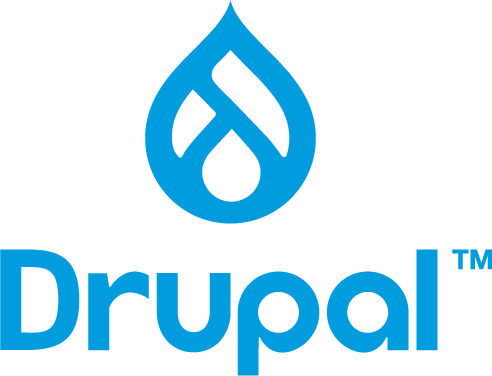We may earn an affiliate commission from partner links on the Entrepreneur Guide. These do not affect our editors’ opinions.
Today, blogging has become more than just a hobby and has tremendously changed the online world, especially for businesses.
From increasing website traffic to building authority and more, you need to start a company blog if your business has an online presence. We have provided the six best blogging platforms in 2023.
The best blogging platforms in 2023.
Why does my business need a blog?
It’s generally recommended to have a company blog if your business has an online presence. Why? Because, typically when a customer visits a website, it’s because they find something interesting.
Maybe it’s the products; perhaps they clicked on an affiliate link; maybe they were directed there. Whatever the reason, it is essential to have engaging content on your website to convert visitors to paying customers.
There are many reasons why your business needs a blog, including the following:
Boosting Traffic.
Blogging is a powerful tool that online companies use to target a specific audience to your website. This helps to increase traffic organically. You should see a rise in your website traffic by posting relevant and enticing blogs regularly.
Of course, you will need to strategize your blogging content and not simply throw together some random words to create a blog. You will need to publish blogs about your business and answer customer questions to gain meaningful visits, which may turn into paying customers.
Builds Authority.
If you are blogging in a particular industry, we will presume that you have quite a bit of knowledge. Displaying mastery in your discipline through your blog will automatically translate that you are an expert in your field and the go-to for all things related.
Support Your Social Media Campaigns.
To maintain a social media presence, which is already a challenge, you can leverage your social media by redirecting your followers or visitors to your website. This is where they will read further information about your brand.
These are just a few reasons a blog can benefit your business, especially online.
Affiliate Marketing
Affiliate marketing is a form of marketing that involves paying a commission of sales to other blog platforms or writers in exchange for directed sales traffic. Essentially, your business would provide your chosen affiliate with a special affiliate link that they can use to promote your product and generate traffic.
This form of marketing is very popular and typically generates reasonable returns — however, it’s important to consider whether or not your chosen platform allows affiliate links. For instance, WordPress and Weebly do not allow affiliate links on their blogging platform. Meanwhile, platforms like Wix and Squarespace do allow affiliate links, but have strict requirements.
The bottom line.
Creating a company blog is essential to expand your online presence. Businesses now realize that a blog is a great tool to add to your marketing campaign, helping you convert more leads, drive organic traffic and boost revenue.
When starting an online blog, choosing the blogging platform or multiple platforms best fits your business needs and brand voice is crucial.
If you need more assistance with your brand expansion, we can help you.






